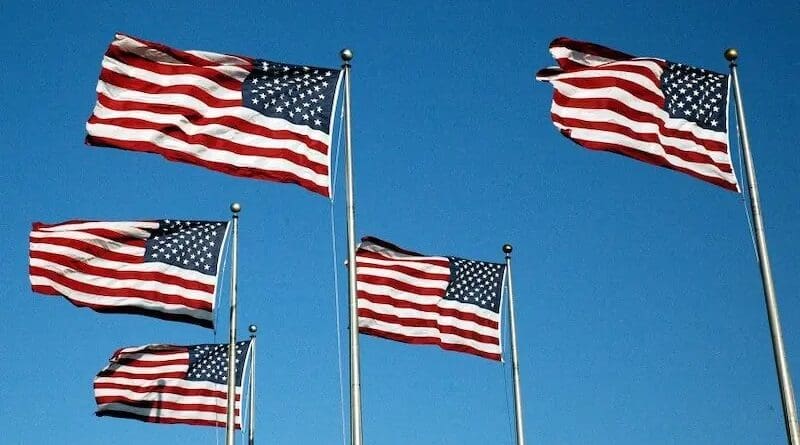Final US Presidential Debate Displays Differences On Foreign Policy
By VOA
U.S. President Barack Obama and his Republican challenger, Mitt Romney, exchanged political jabs Monday during their third and final presidential debate, with the president saying all of Romney’s foreign policy opinions have been “wrong.”
The former Massachusetts governor fired back during the debate in the southern state of Florida, saying that criticizing him is not an agenda for stopping violence in the Middle East.
Romney condemned Obama’s foreign policy in the region, saying he has seen a “pretty dramatic reversal of the kind of hopes we had” there.
“I congratulate him on taking out Osama bin Laden and going after the leadership in al-Qaida, but we can’t kill our way out of this mess. We’re going to have to put in place a very comprehensive and robust strategy to help the world of Islam and other parts of the world reject this radical violent extremism which is certainly not on the run. It’s certainly not hiding,” he said.
Obama said the U.S. has worked hard with allies to bring peace and democracy to the region, and he pointed to Libya as an example.
“Without putting troops on the ground, at the cost of less than two weeks in Iraq, liberate a country that was under the yoke of dictatorship for 40 years, a despot who had killed Americans, and despite this tragedy you had ten of thousands of Libyans after the events in Benghazi marching and saying, ‘America is our friend. We stand with them’, “ he said.
On Iran, Obama said his administration has shown “strength” by enforcing “the toughest, most crippling sanctions ever” on the Islamic Republic.
Romney said the world is “four years closer to a nuclear Iran,” adding that Iran’s leaders “saw weakness where they expected to see American strength.”
When questioned about what he sees as the United States’ greatest threat, he described it as Iran’s nuclear program.
Obama said it continues to be terrorist networks, adding that “we have to remain vigilant.”
Romney also opposed Obama’s proposed military’s budget, calling it “unacceptable” that the Air Force is smaller than anytime since it was founded in 1947 and that the Navy is smaller now than anytime since 1917.
“This in my view is the highest responsibility of the president of the United States, which is to maintain the safety of the American people. And I will not cut our military budget by $1 trillion, which is a combination of the budget cuts the president has as well as the sequestration cuts. That, in my view, is making our future less certain and less secure,” he said.
Obama countered by saying the military budget would not be “reducing” spending, just “maintaining it.” He accused his challenger of following outdated policies of the past.
“You mentioned the Navy, for example, and that we have less ships than 1916. Well, Governor, we also have fewer horses and bayonets because the nature of our military’s changed,” he said.
On Pakistan, Obama defended going in to get Osama bin Laden. He said U.S. forces would not have been able to get the terrorist leader if they had first asked permission to go get him. He said the killing of bin Laden has given closure to Americans who lost loved ones in the September 11, 2001 terror attacks.
Romney said he does not blame the administration for the strained U.S. relationship with Pakistan because going inside to get bin Laden was “the right thing to do.” But he said the United States “can’t just walk away” from a country that has 100 nuclear weapons, and must work with the people in Pakistan to “help them move to a more responsible course than the one that they’re on.”
For months during the long campaign leading to the November 6 election, surveyed voters had given the Democratic incumbent a strong foreign policy edge over former Massachusetts governor Romney.
Voters have approved of the administration’s 2011 raid in Pakistan that killed Osama bin Laden, the mastermind of the 2001 terrorist attacks on the United States.
However, newer surveys show Romney has cut sharply into the president’s perceived advantage on foreign affairs. He has criticized the administration for its alleged lack of security leading up to the September 11 raid on the American consulate in Benghazi, Libya that killed four U.S. diplomats. He also has been critical of the administration for telling the media the attack stemmed from a protest against an anti-Islam video made in the U.S.
The Republican candidate’s foreign affairs expertise has largely been limited to overseas business deals he helped negotiate during his long career as a venture capitalist.
Two weeks ahead of the election, several surveys show the race virtually tied, with a new NBC News/Wall Street Journal poll finding the race deadlocked at 47 percent each.

